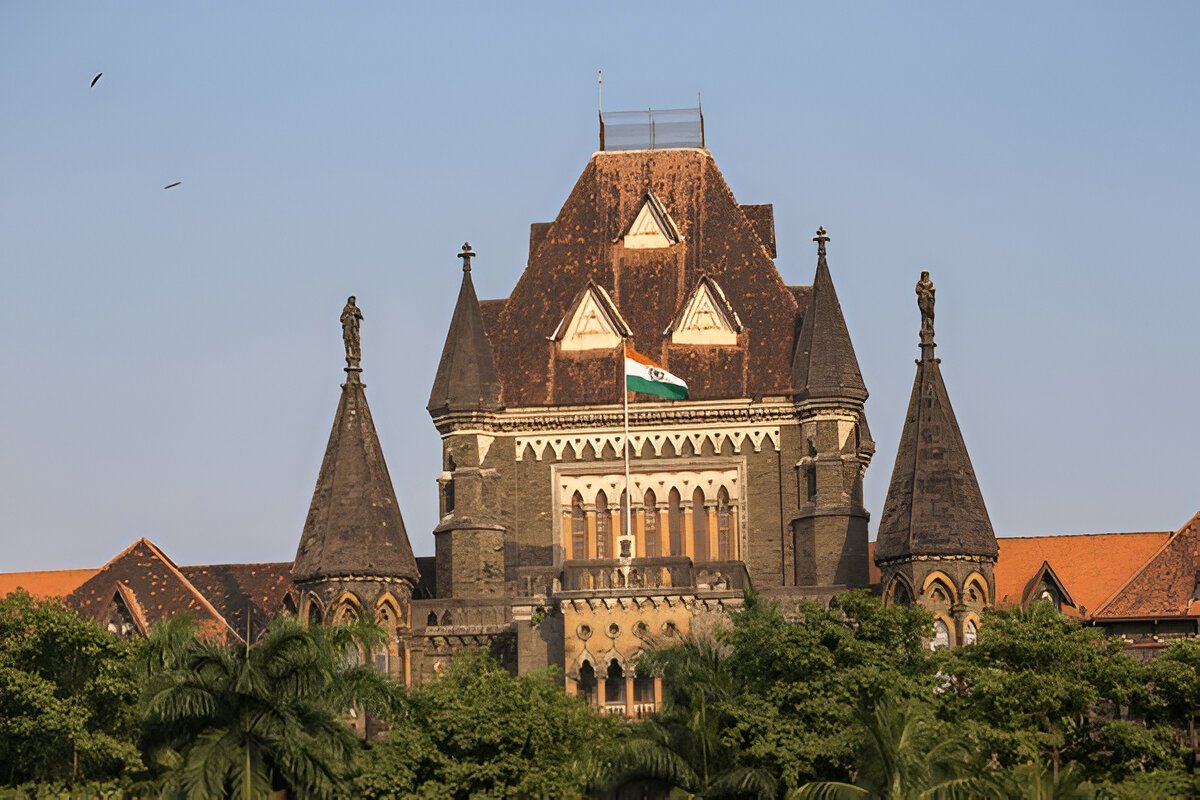In 2014, a 23-year-old woman was assaulted and murdered, and the Bombay High Court sentenced the accused to death on December 20. However, the media, including prominent outlets like Times Now, Mumbai Mirror, New Indian Express, Hindustan Times, The Hindu, and First Post, revealed the victim's identity and even published her photograph. This was a clear violation of Section 228A of the Indian Penal Code, which prohibits disclosing the identity of assault victims. According to this law, if the victim is unconscious or deceased, only a fictitious government aid organization or association can disclose the identity, and that too, only with the consent of the victim’s closest family members.
Issues before the Court
- The Court examined how the identity of victims should be safeguarded, particularly under IPC for adult rape victims and POCSO Act for child victims.
- Whether the non-disclosure of a victim’s identity is covered under POCSO?
Arguments before the Court
The petitioners argued that cases involving rape, gang rape, and related offences should not be conducted in open court to protect the privacy and dignity of victims. They highlighted that Section 228A(1) of the IPC makes it a criminal offense to disclose the name or identity of an alleged victim in cases covered under Sections 376, 376A, 376AB, 376B, 376C, 376DA, 376DB, and 376E.
On the other hand, the respondents emphasized that while they do not intend to restrict a guardian's right to question the victim, they believe such proceedings should be conducted with a degree of decency and respect. They pointed out that despite efforts to ensure confidentiality, courts have occasionally revealed victim identities, even in cases where strict safeguards were imposed, such as in the 1996 case of State of Punjab v. Gurmit Singh. The respondents also argued that although freedom of speech and expression is important, it should not override the protection of victim identities, which is essential for preserving their dignity.
Analysis of the Court
The Court acknowledged that victims of rape and sexual offences often suffer serious societal consequences, making it essential to maintain strict confidentiality in such cases. It emphasized that Section 228A of the Indian Penal Code (IPC) makes it a criminal offense to disclose the identity of a victim without explicit permission from a competent authority, even if authorized by the victim’s next of kin. To further protect the victim’s privacy, the Court reaffirmed that in-camera proceedings under Section 327(2) of the Code of Criminal Procedure (CrPC), 1973, are mandatory in cases involving sexual offences. These proceedings allow only the presiding judge, court staff, legal representatives, the accused, the public prosecutor, and the victim (if they are willing) to be present, ensuring limited access to sensitive information.
The Court also made it clear that no individual or organization, including media outlets, is allowed to publish or share any information related to the victim or the case without prior judicial approval. Moreover, judicial and law enforcement authorities are under a strict obligation to maintain the victim's confidentiality in all official records and legal disclosures. Recognizing the need for holistic support for survivors, the Court directed all States and Union Territories to establish ‘one-stop centers’ within a year to provide legal, medical, and psychological assistance to victims of sexual offences.
This judgment significantly strengthens procedural safeguards under the IPC, CrPC, and the Protection of Children from Sexual Offences (POCSO) Act, ensuring that victims' identities remain protected. It highlights the judiciary’s ongoing commitment to balancing the principles of open justice with the need to safeguard the privacy and dignity of victims of sexual offences.

